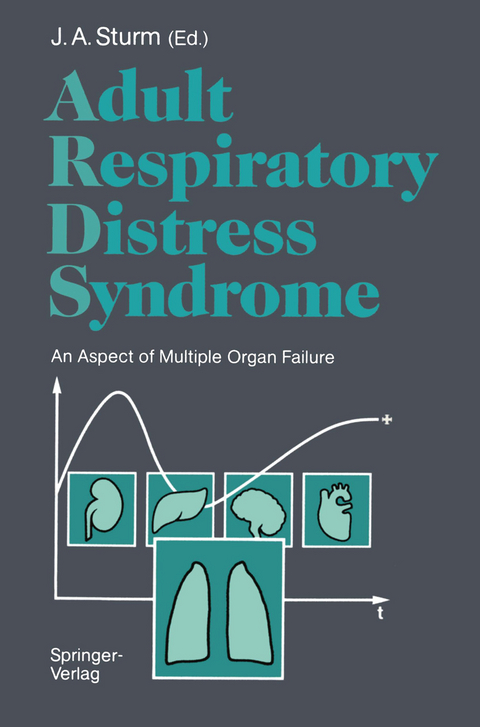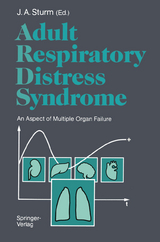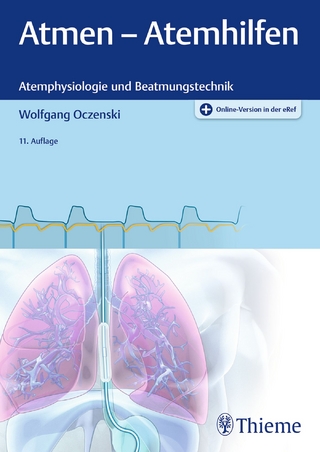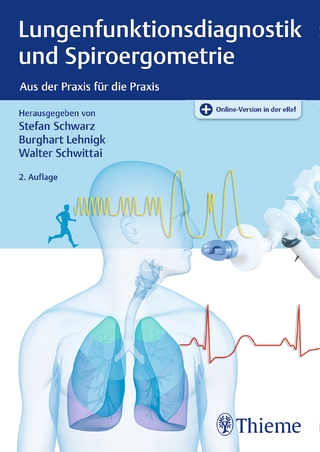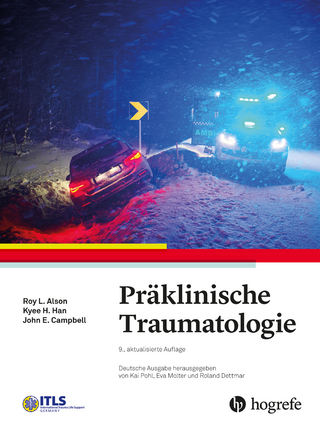Adult Respiratory Distress Syndrome
Springer Berlin (Verlag)
978-3-540-52180-8 (ISBN)
l. A. STURM In modern society, trauma remains the number one cause of death in people under 50 years, but, despite this, very little attention has been paid to trauma care compared with other diseases such as malignancy or myocardial infarction (Table 1). The efforts that have been made in medical care, however, have showed some success; for example although the frequency of traffic accidents in the Federal Republic of Germany has remained constant over the years, the number of deaths resulting from them has decreased (Fig. 1). The results of improvements in rescue systems, surgical techniques, and intensive care are evident, as shown by a review of the statistics of about 3000 multiple trauma patients treated in the last 15 years at the trauma de partment of Hannover Medical School which reflects the progress that has been made in medical care. After the problem posed by posttraumatic kidney failure had been solved in the 1960s and 1970s, the adult respiratory distress syndrome (ARDS) became the biggest problem in the 1970s and 1980s (Fig. 2). ARDS as a single entity disappeared in the literature in the early 1980s and was replaced by the so-called multiple organ failure (MOF) syndrome. Between 1985 and 1990 35% of the patients in our intensive care unit developed MOF, and 70% of them died. Overall MOF mortality has remained constant since 1985 at about 20% (Fig. 3).
I Clinical Aspects.- Study Protocol.- Extravascular Lung Water: Clinical Methodology.- Bronchoalveolar Lavage.- Morphometric Description of the Study Population.- Development of a Linear Scoring System.- Clinical Definition of ARDS An Index Based on Bedside-Derived Parameters.- Treatment and Clinical Course.- Progressive Organ Failure.- II Activation of Humeral Cascade Systems.- Adult Respiratory Distress Syndrome and Complement: Significance of C3a in Diagnosis and Prognosis.- Differences in Activation of Coagulation and Fibrinolysis After Polytrauma with Respect to the Development of Adult Respiratory Distress Syndrome.- III Activation of Cellular Systems.- Nonspecific Immune System, Plasma Proteins and Characteristics of the Erythrocyte Insulin Receptor.- Morphological and Functional Changes of Alveolar Cells.- Functional Changes in Polymorphonuclear Leukocyte Function Following Severe Polytraumatization.- Changes in Reticuloendothelial Capacity Associated with Liver Dysfunction in Multiple Trauma.- CD3 +, CD4+, CD8+ and B Lymphocyte Numbers in Blood and Bronchoalveolar Lavage Fluid from Trauma Patients with and without ARDS.- IV Activation of Inflammatory Cells.- Role of Leukotrienes in the Pathophysiology of ARDS After Polytrauma.- Specific Proteins of Inflammatory Cells and ?1- Proteinase Inhibitor in Alveolar Epithelial Lining Fluid of Polytraumatized Patients: Do They Indicate Posttraumatic Lung Failure?.- V Endothelial and Epithelial Mechanisms of Injury.- Plasma and Bronchoalveolar Lavage Fluid Proteins as Markers of Increased Lung Permeability in ARDS as a Result of Multiple Trauma.- Lung Capillary Leak After Severe Trauma: A Prospective Clinical Study.- Alveolar Surfactant Function in Severely Injured Patients.- Adult Respiratory Distress Syndrome as aManifestation of a General Permeability Defect.- Early and Late Ultrastructural Changes in the Lungs of Patients Suffering from Severe Polytrauma.- VI Experimental Studies.- Simultaneous Measurement of Endothelial Cell Damage, Elastase Release, and Chemiluminescence Response During Interaction Between Polymorphonuclear Leukocytes and Endothelial Cells.- Influence of Short- and Long-Term Endotoxin Administration on the Phagocytic Functions of Polymorphonuclear Leukocytes and Reticuloendothelial System in a Sheep Model.- The Three-Compartment Model in Sheep: The Effect of Recurrent Endotoxemia on Endothelial and Epithelial Permeability in the Lung.- Bacterial Toxins and Terminal Complement Complex: Significance for Lung Microvascular Injury.
| Erscheint lt. Verlag | 7.5.1991 |
|---|---|
| Zusatzinfo | IX, 347 p. 8 illus. |
| Verlagsort | Berlin |
| Sprache | englisch |
| Maße | 155 x 235 mm |
| Gewicht | 555 g |
| Themenwelt | Medizin / Pharmazie ► Medizinische Fachgebiete ► Chirurgie |
| Medizinische Fachgebiete ► Innere Medizin ► Pneumologie | |
| Medizin / Pharmazie ► Medizinische Fachgebiete ► Intensivmedizin | |
| Medizin / Pharmazie ► Medizinische Fachgebiete ► Notfallmedizin | |
| Studium ► Querschnittsbereiche ► Infektiologie / Immunologie | |
| Schlagworte | Adult Respiratory Syndrome (ARDS), cell system cha • Adult Respiratory Syndrome (ARDS), cell system changes • (ARDS), changes in the immun system • (ARDS), clinical findings • (ARDS), experimental studies • (ARDS), klinische Befunde • (ARDS), neue Behandlungsperspektiven • (ARDS), Veränderungen im Immunsystem • (ARDS), Veränderungen in den Zellverbänden • Atemnotsyndrom (ARDS), plötzliches • Atmen • Bacteria • Blood • Immunsystem • Lungenversagen • Multiple Organ Failure • pathogenesis • pathophysiology • Physiology • Polytrauma • proteins • Trauma • trauma surgery |
| ISBN-10 | 3-540-52180-1 / 3540521801 |
| ISBN-13 | 978-3-540-52180-8 / 9783540521808 |
| Zustand | Neuware |
| Haben Sie eine Frage zum Produkt? |
aus dem Bereich
